
Anyone who comes within a few yards of my garden gets to discuss rabbit poop and its many gardening benefits – whether they want to or not. I’m determined to spread the bunny-gospel.
There’s just no poop that works as well for the garden as rabbit poop. It has all the uber-benefits of horse and steer manure but with a distinct advantage. Because it’s considered a “cold” manure, you don’t have to let rabbit poop age or compost before you use it. Other manures that come from chickens, sheep, horse, cows, and pigs or “hot” manures, need to be composted for months before you can safely use them or you’ll burn your little plant darlings to death. Not so with rabbit poop.
Rabbit Pellets as a Super Fertilizer
Grab a handful from under the rabbit cage and spread it all over the garden. I like to think of them as time release capsules, as the pellets don’t completely break down right away. It’s slow-release thing. If the pellets are urine-soaked, (which they usually aren’t) you can let them dry out a bit or just fold them into a couple inches of soil.
As they do break down, they build your soil’s structure, improve the porosity, add stability, and hold nutrients for plants as well as other organisms in the soil. And I haven’t even mentioned how much red wigglers love rabbit poop! (Don’t even get me going on the benefits of red worms in your garden.)
There are two schools of thought on applying rabbit manure to the garden. Some gardeners are cautious about potential pathogens and prefer to toss them onto the compost pile as a precaution. For some, adding poop to your veggie garden sounds (on some level) suspect.
I’ll be honest, I haven’t heard of there ever being a problem – but it’s worth mentioning especially if you’re adding them to a vegetable garden. Then there are those gardeners that apply the rabbit pellets directly to the garden without a second thought. This is one of my practices; but I’m daring like that.
Another great way to take advantage of rabbit pellets and all their growing goodness is to make “bunny brew” or rabbit compost tea. Find a five gallon bucket, and a large scoop of rabbit pellets and drop them into the bucket. Give it a good stir every now and again for a day or two.
Let the manure settle and use the tea at the top of the bucket to water your plants. You can dump the remaining manure at the bottom of the bucket onto your compost pile (no waste here). Of course, the proper English way would be to use a big piece of muslin or burlap and make a big tea bag and let it dangle into the bucket.
Rabbit Manure in Compost
Oh my. If I gave you an earful on the virtues of rabbit poop in the garden, then you have to know that this goes double for the compost pile. If you can get your hands on even a small pail of rabbit poop every once in a while, you’ll be in nitrogen heaven as far as composting goes. Bunny gold is nitrogen on steroids; it really gets a pile going. If you have rabbits, you’ll never be at a loss for a green (nitrogen) source for your compost pile.


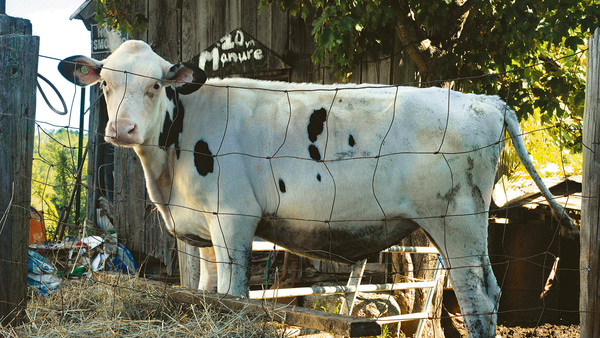
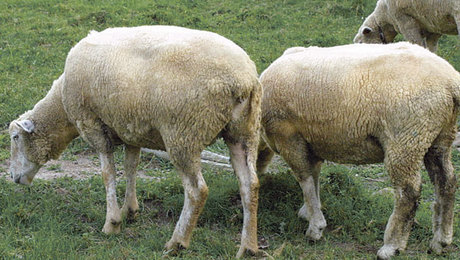
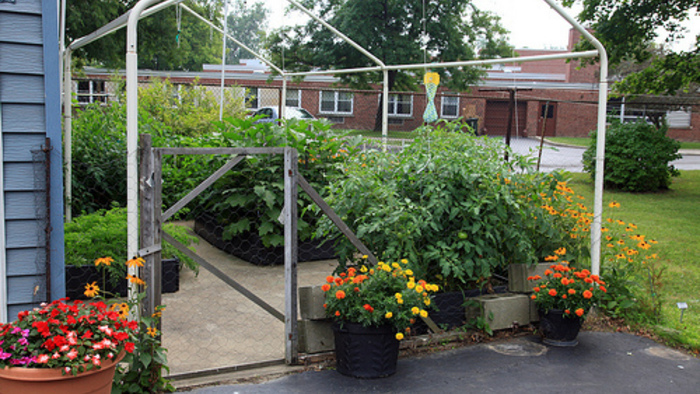

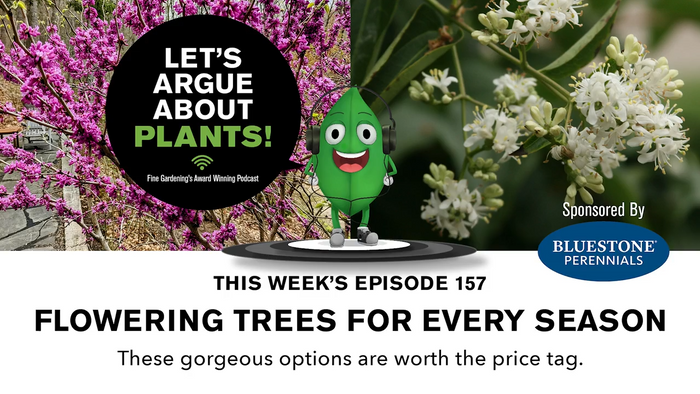
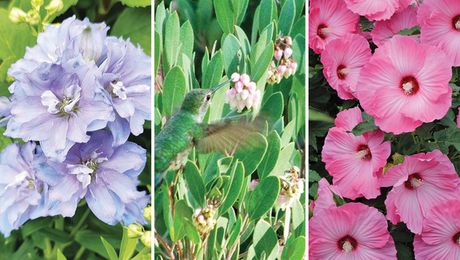


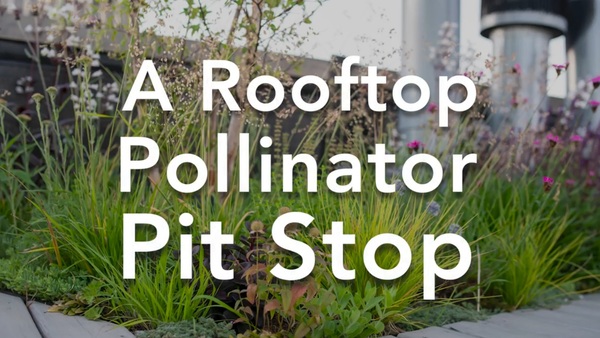
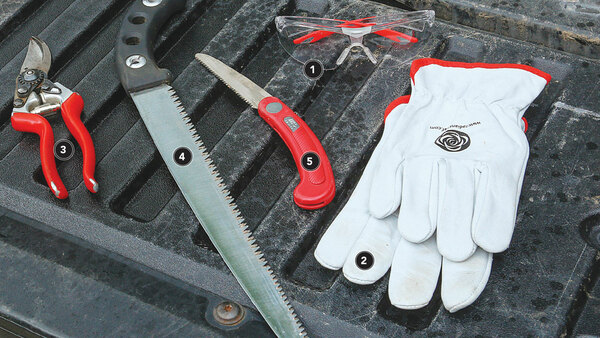
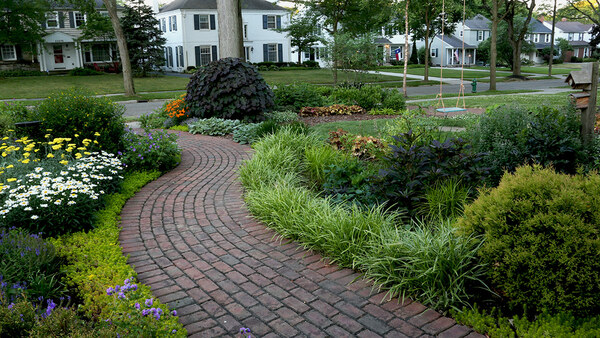
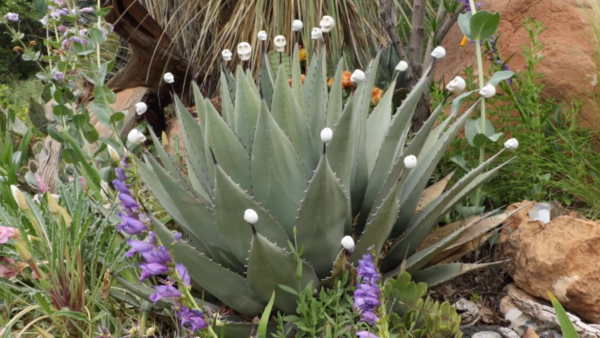



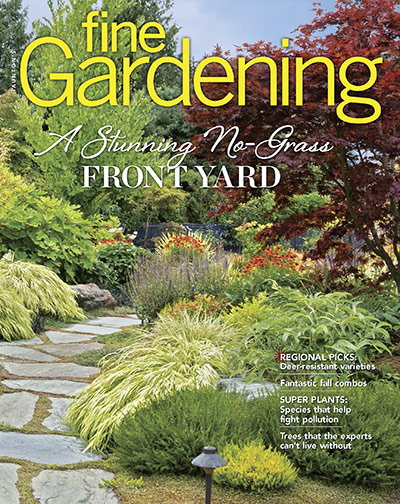
Comments
I take our rabbit trays straight out to the garden, other times I toss in the compost pile. We use pine shavings in the trays and with them being urine soaked, I don't have to worry about the shavings removing nitrogen from the soil and it acts as excellent mulch.
Log in or create an account to post a comment.
Sign up Log in